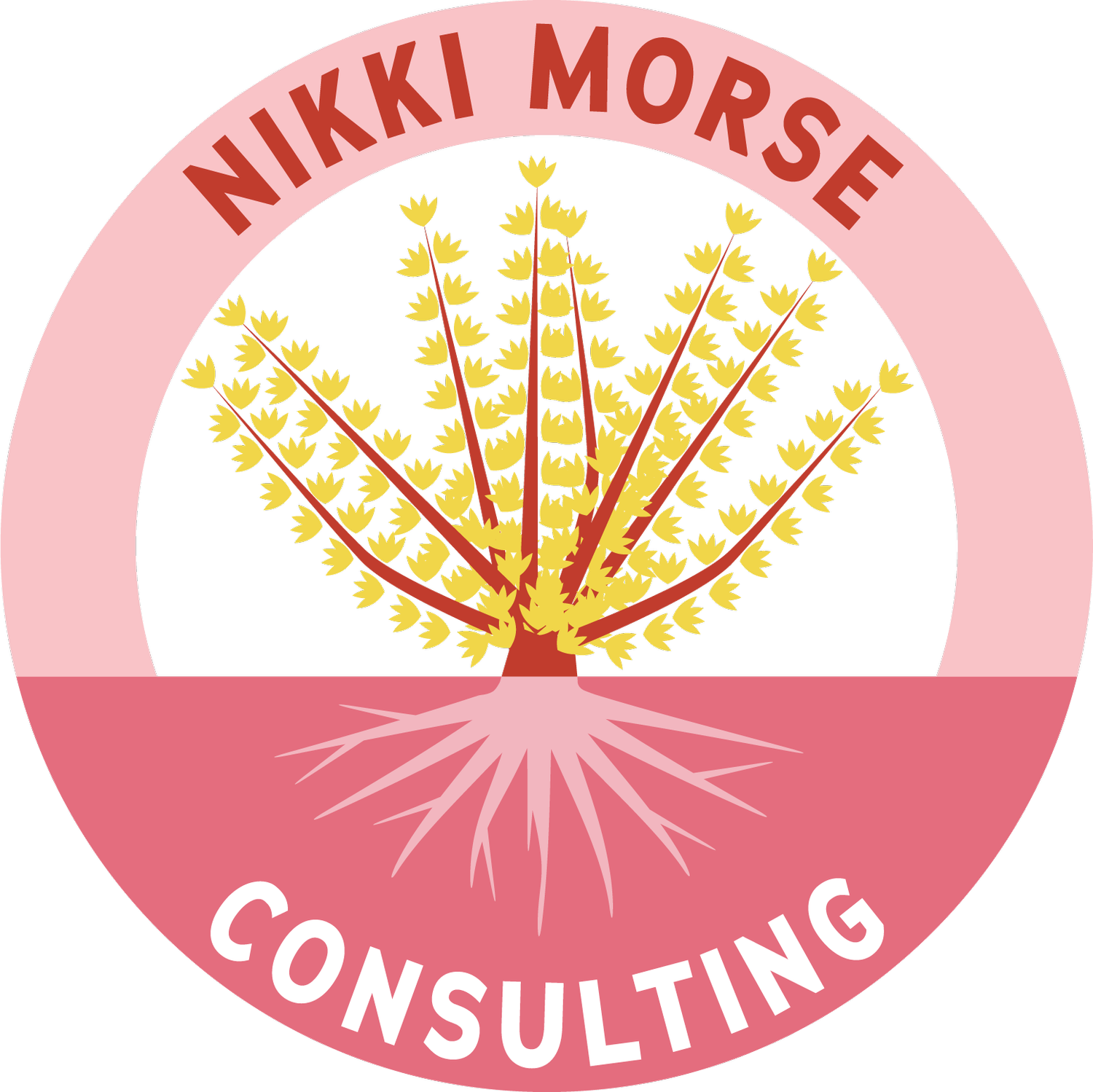Membership Dues Part II: Building Ownership and Accountability
Hey folks,
I don’t know about you, but the last month has felt about a million years long. I’m working hard to manage my information intake and to recognize the privilege of not being in the communities most directly targeted right now. And working even harder to throw down for local activism, and do right by my clients (see below for an introduction to the Columbia County Sanctuary Movement, an immigrants service and rights organization in Upstate New York). And find and share pockets of joy and connection, when I can.
So - welcome to part 2 of this 3 part series on membership dues. ICYMI, Part 1 is here - and in it I tackle the first objection that often comes up when talking about dues - about whether it’s “wrong” to ask poor and working class people for dues. (Spoiler alert - it’s not. Read more here.) Here are the other two most common objections I hear.
“Dues are only about getting money, and dues don’t contribute to power building.”
Paying dues is taking an action for justice. It could be one of many actions or the only way a member can participate - either way, it’s a way for someone to say “COUNT ME IN.” The more people we have in our ranks and taking action (whether it’s one or many), the more power we have.
In addition, a strong dues-paying membership means our organizations are literally owned by our members. When members own their organizations, they are invested in the future and know they are the key to its success and achievement of vision. In addition, it means that organizations are directly accountable to them (rather than institutional, government, or major donor funders).
Cesar Chavez, leader of United Farm Workers, insisted that dues at any level meant that members had a greater stake in the organization. Members were reminded that the organization was theirs, and that it was up to them to make it successful. This sacrifice and commitment represented a critical buy-in from members. We often talk about “stake-holder engagement” - dues are a powerful way to build it. Member agency, ownership, participation, and accountability are also required to make organizations successful - we can’t just pay lip service to member leadership.
“If we insist on collecting dues, we’re just going to lose members.”
This concern can certainly be valid in the short term. However, almost universally in my experience, every organization that builds a strong dues membership program has grown their base significantly. Clarity and definition help people understand what membership means and how important the role that members play, which is what will motivate members to join.
Membership is also not the only way to participate in an organization! People can be supporters, friends of the organization, donors, attendees, or even volunteers without being a member. In fact, having channels for non-members to feel connected to the organization can be crucial - at Military Families Speak Out, a great source of power was that ALL of our members had family members who were, or had been, in the armed services during the course of the wars in Iraq and Afghanistan. Sometimes, people who supported the work also wanted to be members - but having them join would have only diluted the power of the organization. The fact that we were only a membership of directly impacted people held a weight that our work wouldn’t have had otherwise. If we made a demand, there was no question that that demand was coming from folks in the US who were paying the cost of the wars. We built pride amongst the friends and donors who supported the organization who weren’t of that constituency (including myself as the National Organizer), but wanted to follow the lead of those who had “skin in the game.”
Now, this is not to say that membership organizations can necessarily raise their entire budget from membership dues. All organizations should have diverse revenue sources - depending on your field and structure that can include government or foundation grants, earned income, individual gifts (in addition to membership dues), events - you name it. (If you want support with your annual fundraising planning, see my post here.)
Stay tuned for Part 3, which jumps into best practices for membership programs. And, as always, if you’d like to set up a free consultation to talk about these ideas, or any questions related to individual donor fundraising, organizational structure and culture, or board and staff development, you can book me at calendly.com/nikkimorse/30min.
In solidarity,
Nikki
CLIENT SPOTLIGHT - COLUMBIA COUNTY SANCTUARY MOVEMENT (CCSM)
CCSM was founded in response to the first Trump administration to build a political home for safety and agency for immigrants, while also providing critical legal and community services. They use a unique service and organizing model that engages their community of members directly in their work. Their approach to systemic change comes from bottom-up organizing and leadership development from directly impacted communities, and forming relationships grounded in solidarity and mutual aid. Obviously these weeks have been particularly challenging for their members and staff, which is why I am proud to help them build their resources to fight on. Make a donation to their critical work here.
